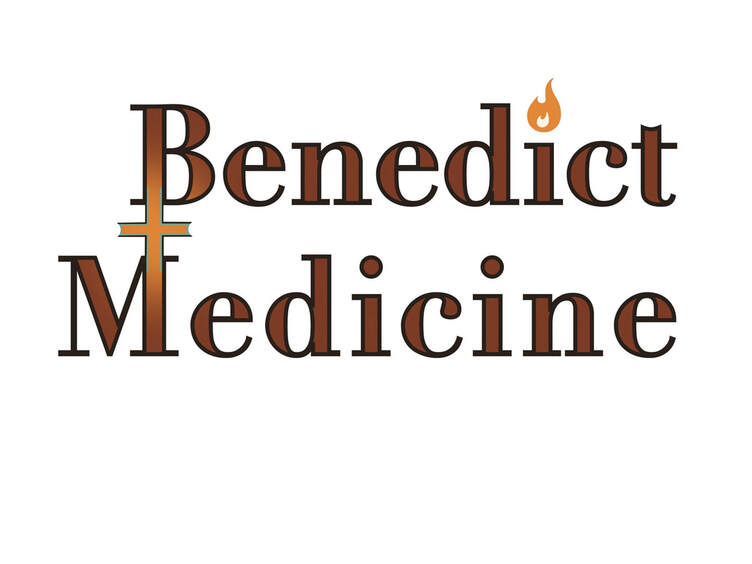|
We hear a lot of talk about ‘human dignity’ these days. Like many other terms that are often bantered about in the popular lexicon, the exact usage of the term may be different from what we have come to understand. (Think of the modern-day usage of the word “pride” as an example of an inversion of meaning.)
In some contexts, we hear the word “dignity” used to support the notion of a right to self-actualization. Recall that we are living in a time when a self-referential definition of values is deemed the highest good. By this standard, the highest protection of “human dignity” is expressed by creating ‘rights’ to such things as autonomy over choosing when one will die, whether one will continue a pregnancy (or not), and the expectation that others refer to us by how we define ourselves. By this criterion, the preservation of “human dignity” may even imply an obligation of others to affirm concepts that violate observable reality (think ‘preferred pronouns’), or to act in opposition to one’s own idea of dignity (such as the expectation of physicians’ participation in the legalization of physician-assisted suicide in the name of “death-with-dignity”). It also implies that some people have a higher degree of ‘dignity’ than others, in keeping with a secular-humanist, utilitarian view of human worth (ie, qualifying human worth on conditions such as “consciousness”, or “quality of life”.) So, what do we as Christians mean by ‘human dignity’? And why is it so important in medicine? One of the most radical propositions of the Judeo-Christian worldview is the idea that all human beings are made in the image and likeness of God--Imago Dei. Thus, the very essence of our nature as humans means that we have an irrevocable self-worth that cannot be erased. It is ours because we are creatures created by God, and as such we are all God’s children. Moreover, this concept of human dignity is present in all people, at all stages, irrespective of any other condition. This Imago Dei concept of human dignity is of utmost importance in medicine; it defines medicine’s role in promoting and protecting all human life, and supporting human flourishing at all stages of development. It’s why we say that a doctor who cares for a pregnant woman has two patients—the woman and her unborn child. It’s why the American Medical Association is right to condemn physicians’ participation in executions and wrong to promote the killing of the unborn. It means that doctors may not ‘play God’ in selectively choosing whether to carry out their professional duty to preserve and restore human life. As Pope Francis reminds us, ““Promoting the dignity of the person means recognizing that he or she possesses inalienable rights which no one may take away arbitrarily.” --James Breen, M.D.
0 Comments
Your comment will be posted after it is approved.
Leave a Reply. |
AuthorThe thoughts and musings of a Catholic family physician regarding medicine, faith and culture. Archives
May 2024
Categories |

 RSS Feed
RSS Feed